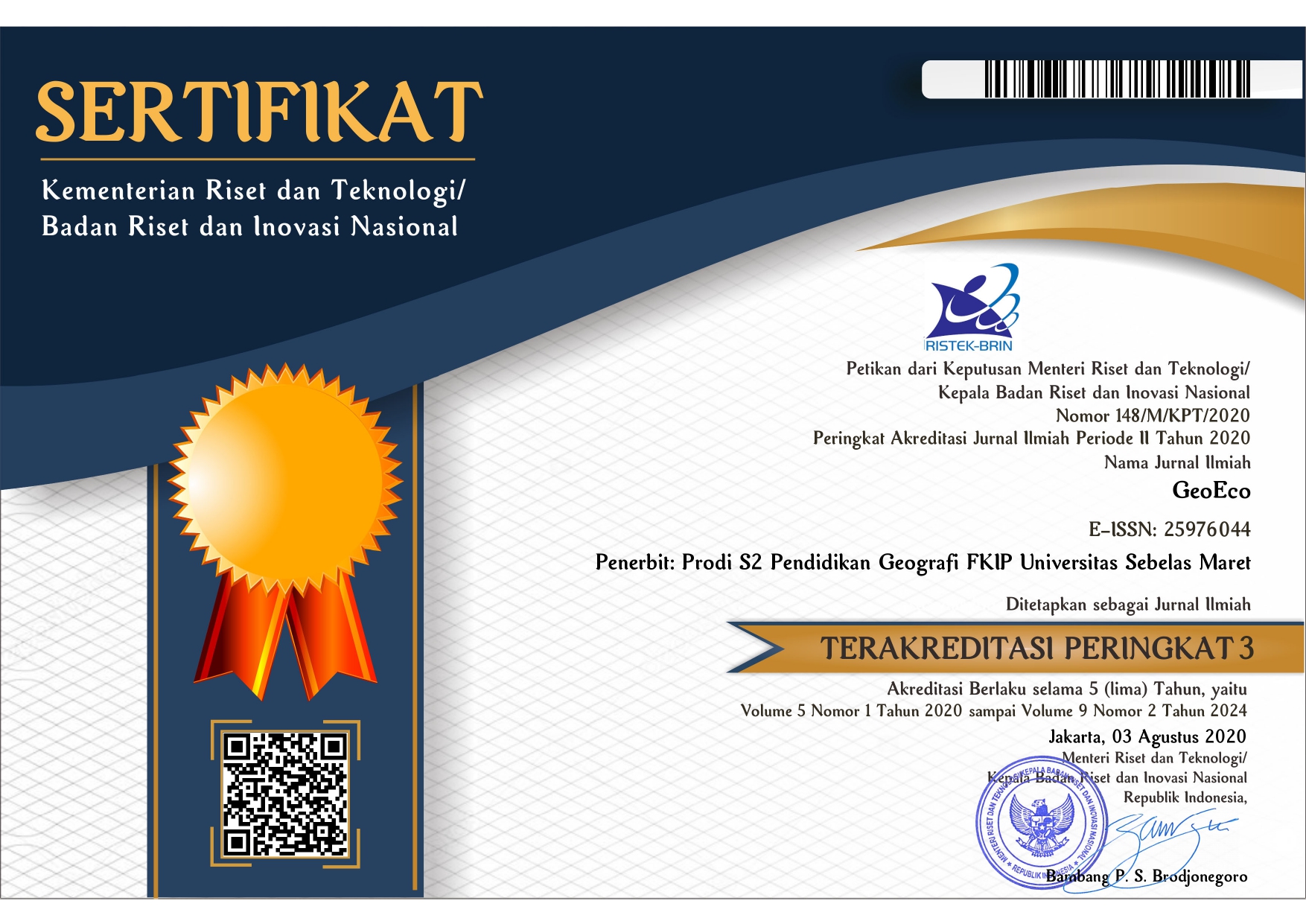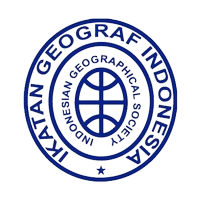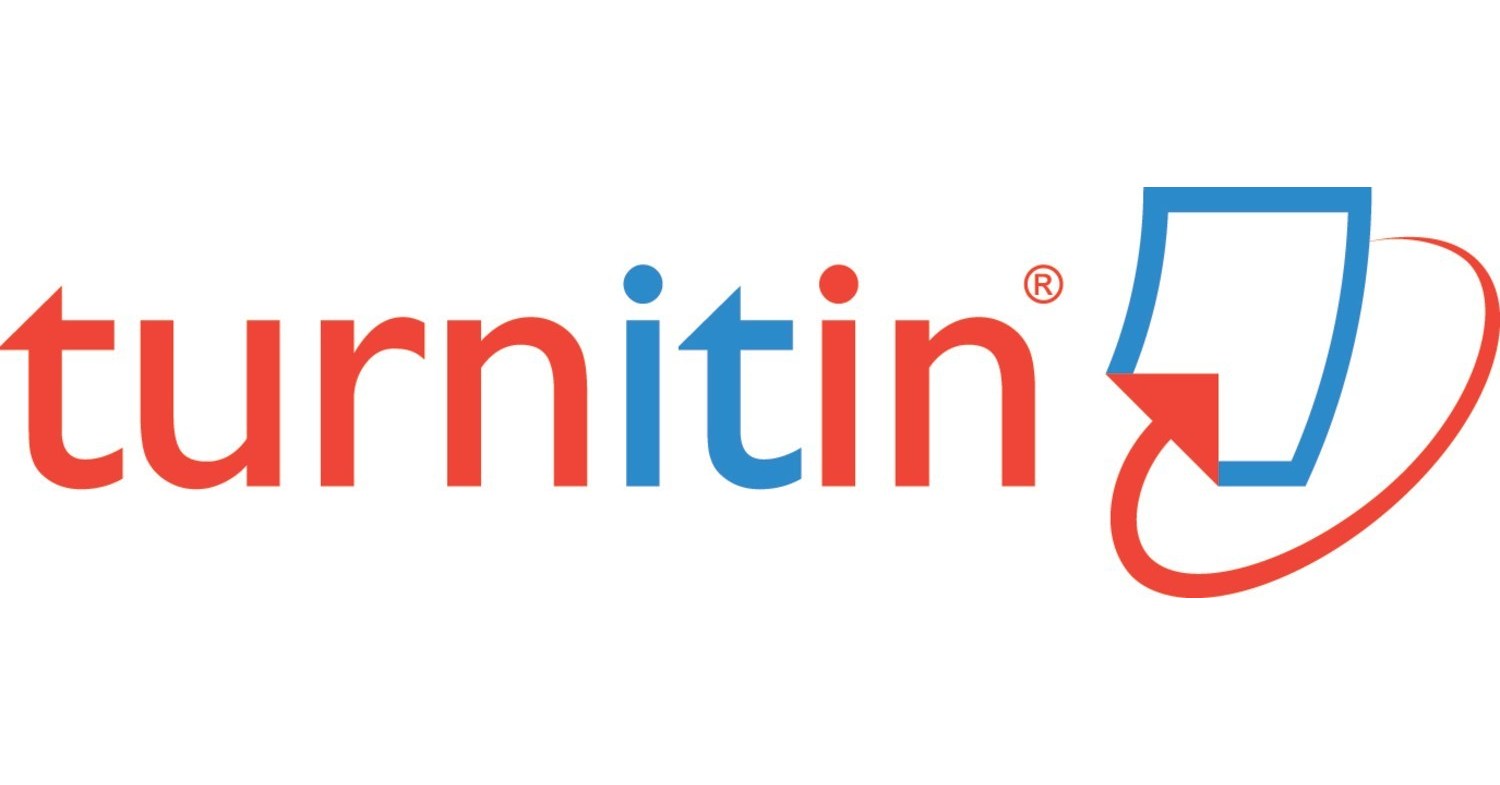TEACHER'S READINESS IN LEARNING MARITIME MATERIALS
Abstract
The purpose of this study is to find out: (1) teacher's level of understanding of maritime material, (2) the ability of teachers in the preparation of maritime learning media, (3) student acceptance of maritime learning. This type of research is qualitative with the research method used is the sample survey method. The study population was all Social Sciences Junior High School Teachers in Surakarta. Samples were taken at random as many as 36 ips teachers both from public and private junior high schools in Surakarta. Data collection techniques with questionnaires and documentation. Based on research results obtained by the level of understanding of maritime teachers as much as 79% are at a medium level, as well as the level of teacher's ability to make maritime learning media as much as 61% are in the medium level so that student acceptance of maritime learning as much as 66% is in the medium level.
Keywords
Full Text:
PDFReferences
Arends, Richard I. (2013). Belajar Untuk Mengajar, Learning to Teach. Jakarta: Salemba Humanika. Buchari, Alma. (2014). “Guru Profesional: Menguasai Metose dan Terampil Mengajar”. Bandung: Alfabeta. Darling-Hammond, L. (1998). Teacher Learning That Supports Student Learning. Educational Leadership, Vol. 55 (5), pp 6-11. Letkol (Purn) TNI AL Djuanda Wijaya, “Membangun Kembali Kejayaan Negara Maritim Nusantara,” The Global Review. 12 Mei 2015. Lieberman, A and Mace, D H P. (2008). Teacher Learning: The Key to Educational Reform. Journalof Teacher Education, Vol. 59 (3), pp. 226-234. Mai, N T and Giang, P H. (2018). The Development of Geography Teacher Training Curriculum at Thai Nguyen University of Education in Vietnam to Meet The Requirements in The New Context. International Annual Meeting on STEM Education, IOP Conf. Series: Journal of Physics: Conf. Series 1340 (2019) 012022. McLachlan, C., Carvalo, L., De Lautour, N., & Kumar, K. (2006). Literacy in early childhood settings in New Zealand: An examination of teachers’ beliefs and practices. Australian Journal of Early Childhood, Vol. 31(2), pp. 31–46. Mulyasa, E. (2008). Menjadi Guru Profesional: Menciptakan Pembelajaran Kreatif dan Menyenangkan. Bandung: Rosda. Nation, I S P & Macalister, J. (2010). Language Curriculum Design. New York: Routledge. Nyoni, E., Manyike, V., Lemmer., E. (2019). Difficulties in Geography Teaching and Learning in The ESL Classroom in Zimbabwe. Perlinguam Journal A Journal of Language Learning, Vol. 35 (2), pg. 74-87. Richards, J. C. (2001). Curriculum Development in Language Education. Cambridge: Cambridge University Press.
Refbacks
- There are currently no refbacks.












.png)

